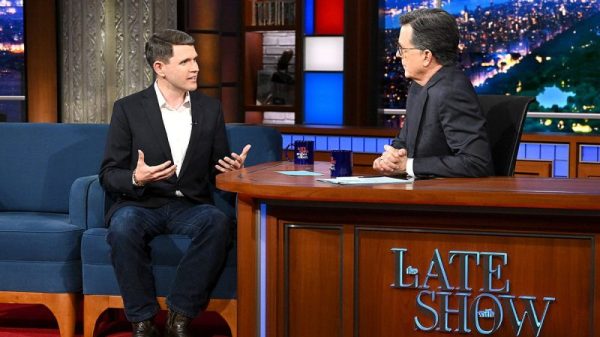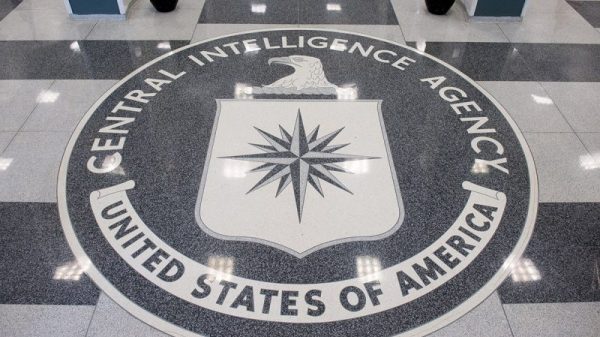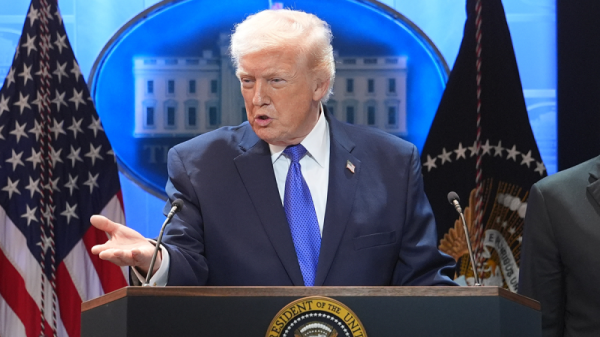In a recent turn of events, former President Donald Trump has once again stirred controversy by accusing Vice President Kamala Harris’ campaign of using fabricated AI crowd photos. The allegation highlights the ongoing tensions and the spread of misinformation in the political arena.
Trump took to social media to claim that the images of crowds at Harris’ campaign events were artificially generated using advanced technology. He suggested that the Harris team was resorting to deceptive tactics to create an illusion of support and enthusiasm for the Vice President.
The unsubstantiated claims by Trump have sparked a debate on the role of technology in influencing public perception and manipulating reality. The use of AI-generated content has indeed become more prevalent in various sectors, including politics, entertainment, and advertising. This trend raises important questions about the authenticity and reliability of visuals in the digital age.
Accusations of fake imagery and misinformation are not new in political discourse. In an era where deepfakes and photo manipulation tools are readily available, distinguishing between real and fake content has become increasingly challenging. The spread of false information can have far-reaching consequences, such as eroding trust in institutions, sowing discord among the public, and distorting democratic processes.
It is crucial for individuals to exercise critical thinking and fact-checking skills when consuming information online, especially when it comes to political news and imagery. Relying on reputable sources, verifying the authenticity of sources, and being mindful of potential biases are essential steps in navigating the modern media landscape.
The controversy surrounding Trump’s accusations against Harris’ campaign serves as a reminder of the importance of upholding transparency and integrity in political communications. Regardless of one’s political affiliations, promoting honesty, accountability, and respect for the truth should be fundamental values in a functioning democracy.
As technology continues to evolve and shape our communication landscape, it is imperative for both leaders and the public to engage in constructive dialogue on the ethical use of digital tools and the responsible dissemination of information. By fostering a culture of digital literacy and ethical awareness, we can mitigate the risks of misinformation and uphold the principles of democracy in the digital age.






















